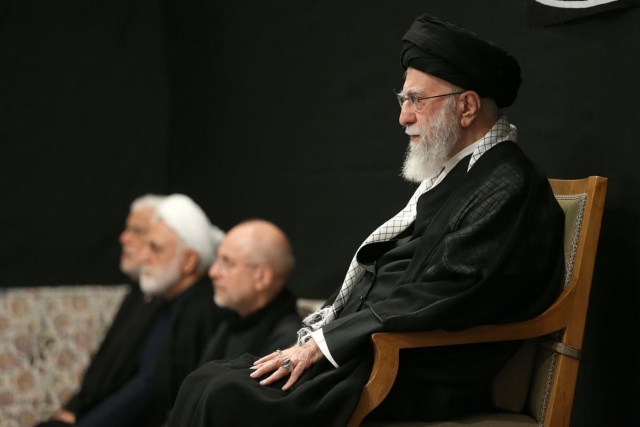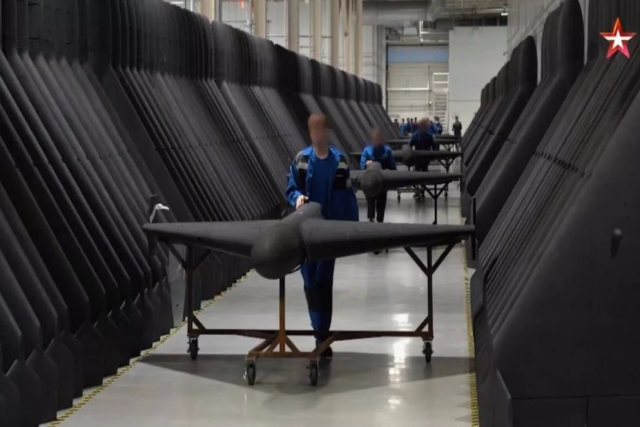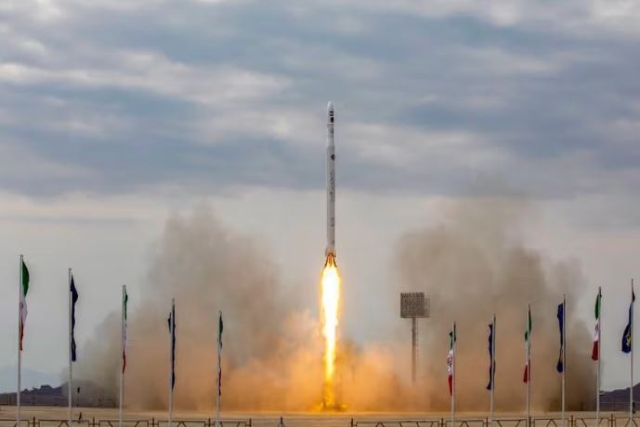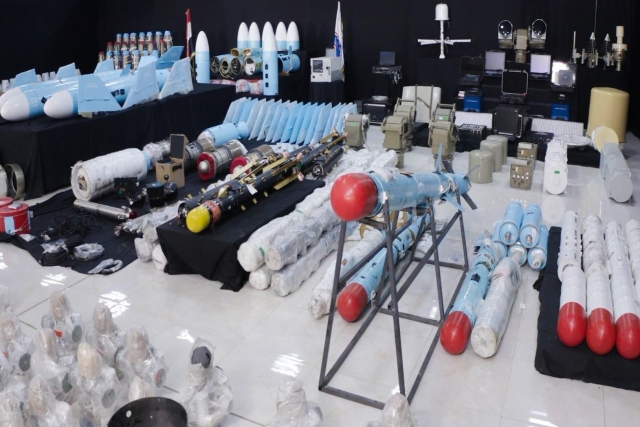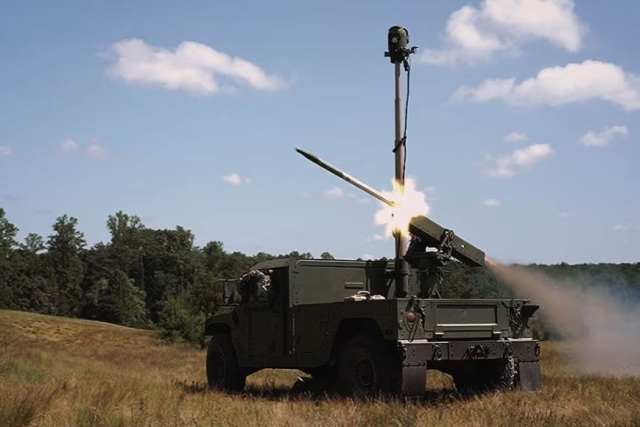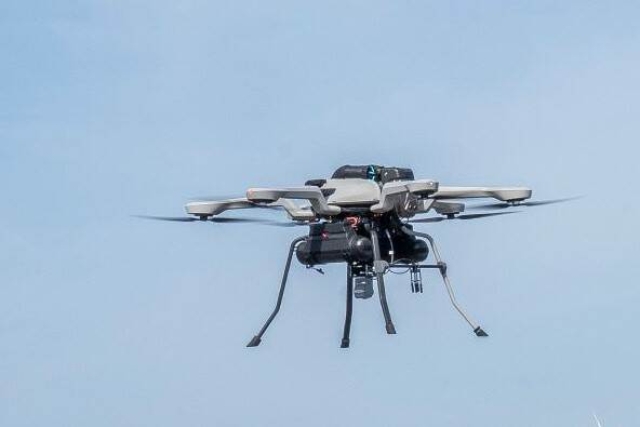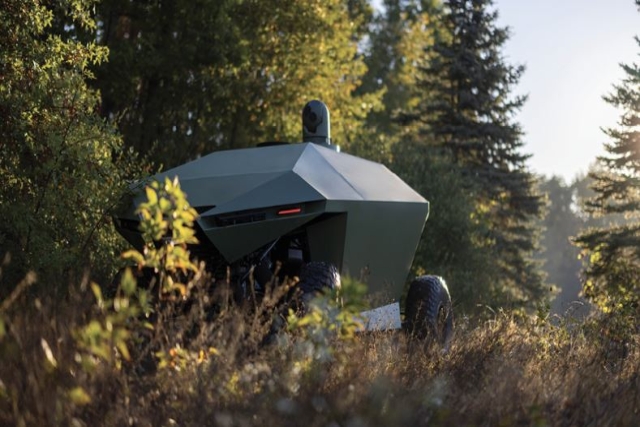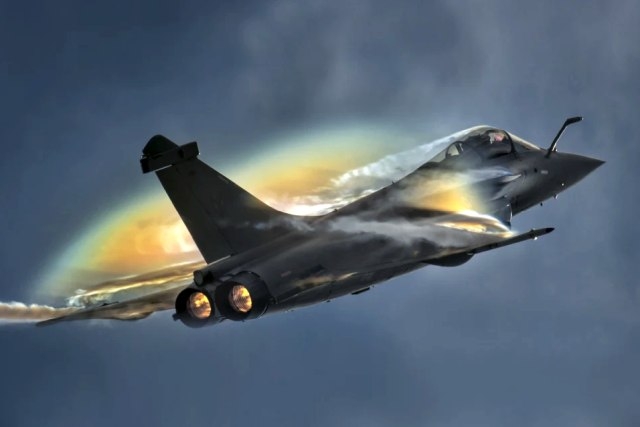Iran Receives Russian S-400, Chinese HQ Air Defense Systems
The new air defense systems are expected to help intercept U.S. Tomahawk and Israeli ROCKS, Rampage, and Air LORA missiles.
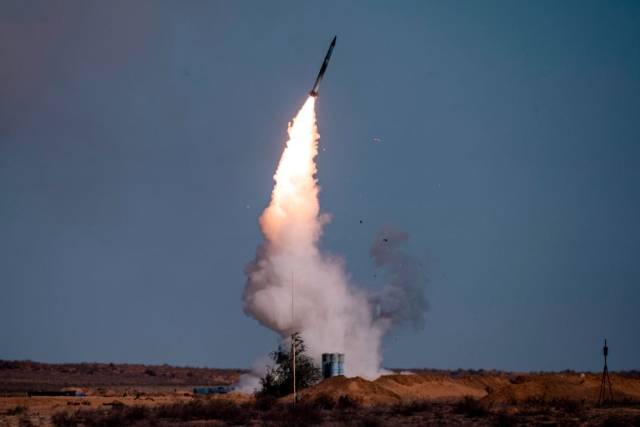
Iran has received and deployed long-range Russian S-400 and Chinese HQ-series surface-to-air missile (SAM) systems.
According to the Russian Arms Telegram channel, at least one division of the S-400 Triumf air defense system—equipped with 48N6DM missiles—has been delivered to the Iranian Air Defense Forces and deployed near Isfahan. The channel also reported that the system was used, possibly against Israeli Air Force UAVs.
The exercise reportedly involved a full battery configuration, including the 91N6E “Big Bird” surveillance radar, 92N6E “Grave Stone” engagement radar, command and control systems, and 5P85TE2 launchers. The battery was equipped with 48N6E3 and potentially 40N6 long-range interceptor missiles.
In parallel, the Russian Arms Telegram channel also reported that several Chinese PLA military transport aircraft landed in Tehran, possibly delivering HQ-9P and HQ-22 SAM systems. These are designed to intercept cruise missiles like the U.S. RGM-109E Tomahawk Block IV and Israeli aeroballistic missiles such as ROCKS, Rampage, and Air LORA. The systems are supported by HT-233 and 92N6 radars, reportedly deployed with equidistant spacing for optimal coverage.
This marks the first reported operational use of the S-400 in Iranian service. While Iranian officials have not publicly confirmed the test, regional defense observers have described it as a strategic "first use" in a period of heightened military activity.
Iranian Revolutionary Guard Corps (IRGC) officials previously emphasized confidence in domestic systems like the Bavar-373 and Khordad-15. However, the timing of the delivery—first reported in August 2024—and the recent test suggest a limited but strategic deployment of foreign systems.
Iran’s military cooperation with Russia and China has expanded since 2022 through arms transfers, joint exercises, and technical exchanges. Iran has supplied Russia with UAVs and loitering munitions used in Ukraine, while receiving Russian surveillance assets, training aircraft, and now, long-range air defense systems.
The S-400 Triumf, produced by Russia’s Almaz-Antey, can detect and engage targets at up to 400 kilometers and 30 kilometers in altitude. It can track 80 targets and engage 36 simultaneously, including high-speed aircraft, cruise missiles, UAVs, and ballistic missiles.
The HQ-9P and HQ-22 systems—delivered by China—are also capable of intercepting medium- and long-range threats, significantly boosting Iran’s layered air defense network.
The deployment follows former U.S. President Donald Trump’s recent statement that the United States is “ready to strike Iran’s nuclear infrastructure again,” a comment that has further escalated regional tensions.
